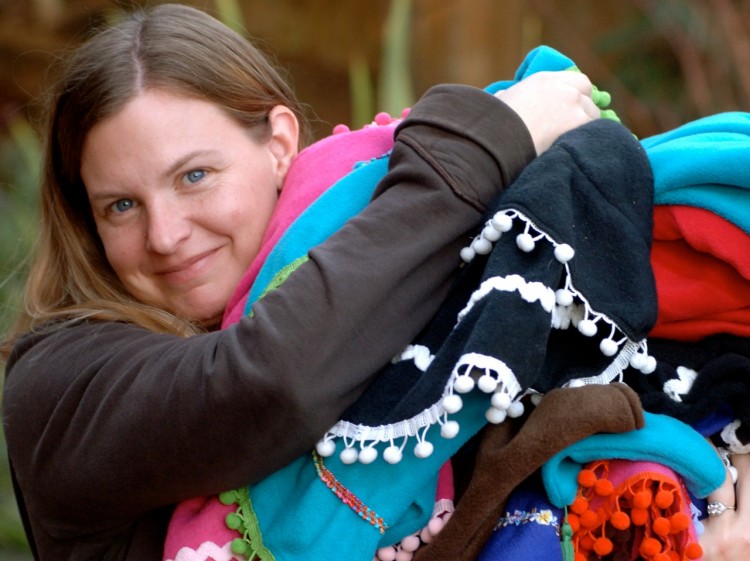Consumer Product Regulations Strain Small Businesses
A new rate for liability insurance—which exploded what she paid previously by 300 percent—has brought Fay to the breaking point.
|Updated:
Reporting on the business of food, food tech, and Silicon Alley, I studied the Humanities as an undergraduate, and obtained a Master of Arts in business journalism from Columbia University. I love covering the people, and the passion, that animates innovation in America. Email me at andrea dot hayley at epochtimes.com
Author’s Selected Articles






